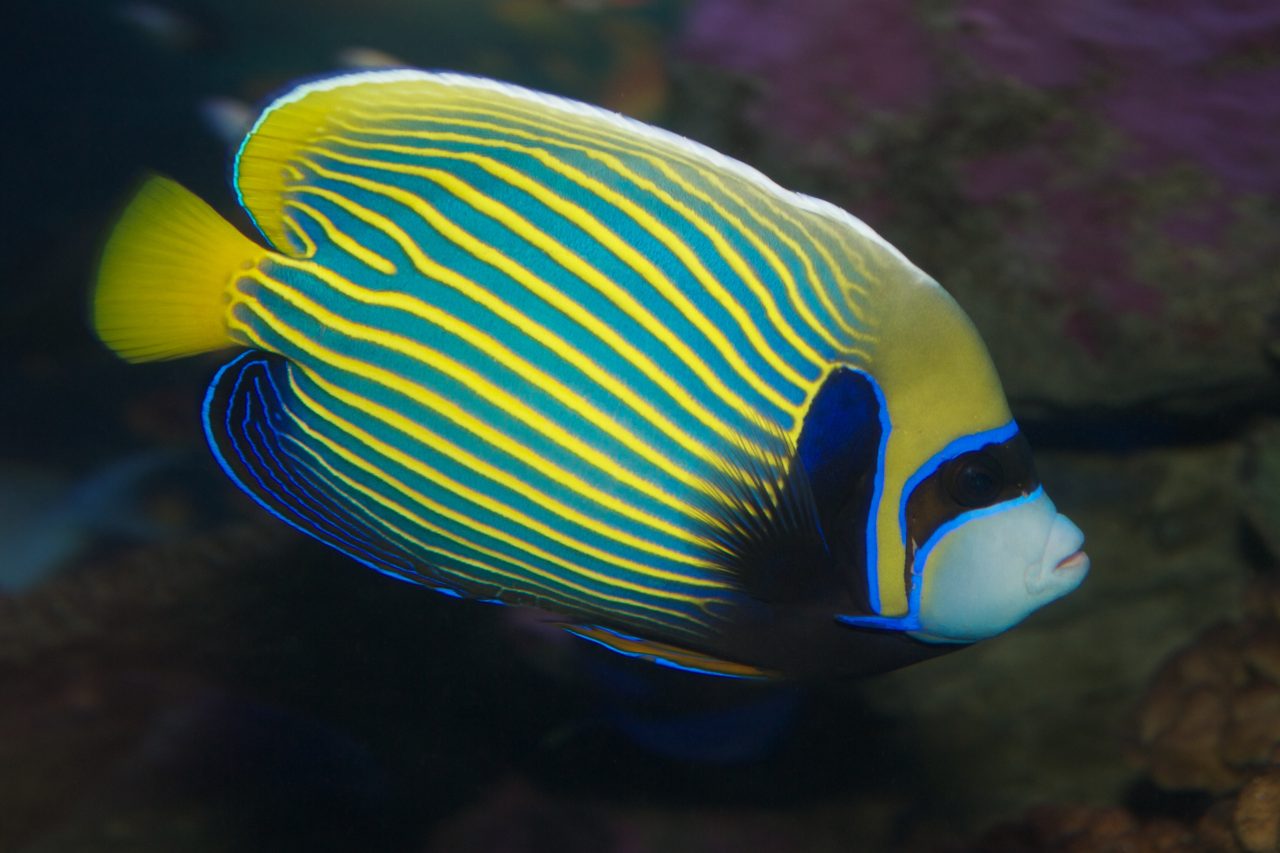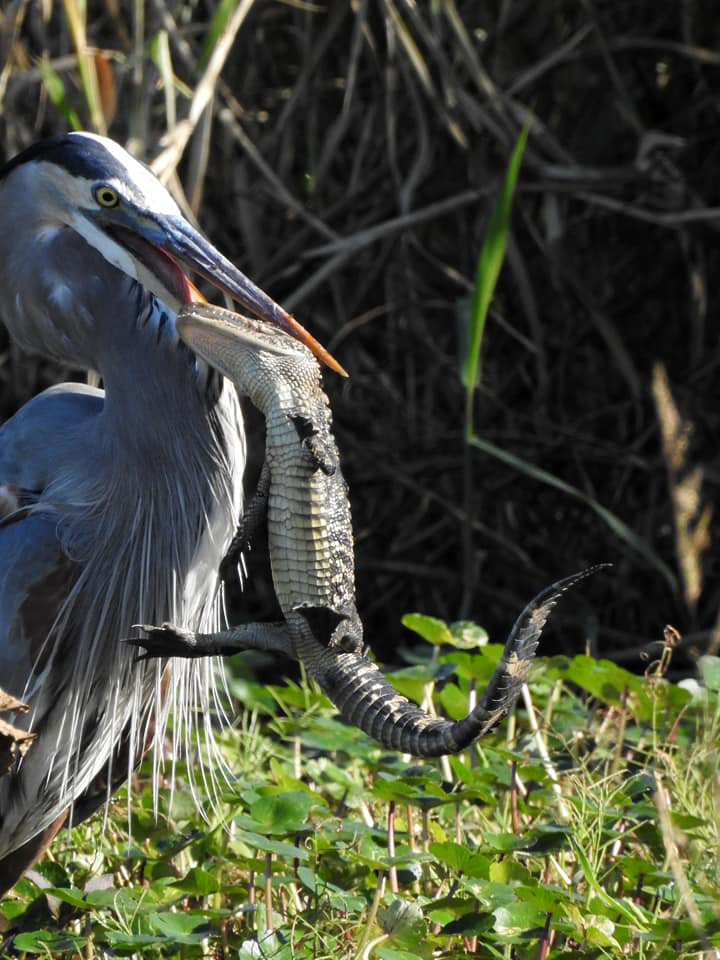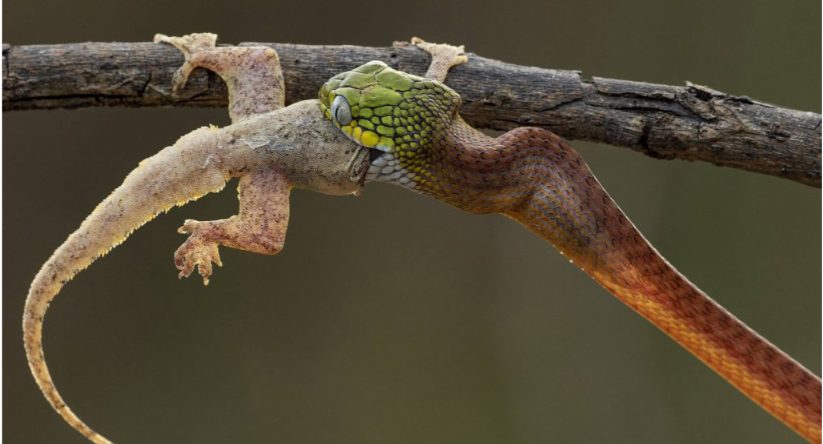Sparkling insects drenched in dew are a remarkable sight to witness. These minuscule beings, adorned with lustrous wings and glistening bodies, are a tribute to the magnificence and marvels of nature. Within this article, we shall delve into the realm of sparkling insects covered in dew, their distinctive attributes, and the functions they fulfill in our ecosystem.
Sparkling insects are a diverse group of insects that are known for their shimmering appearance. These insects are found in a variety of habitats, from forests and meadows to wetlands and deserts. Some of the most common sparkling insects include beetles, butterflies, moths, and dragonflies.
What Causes Sparkling Insects to Sparkle?
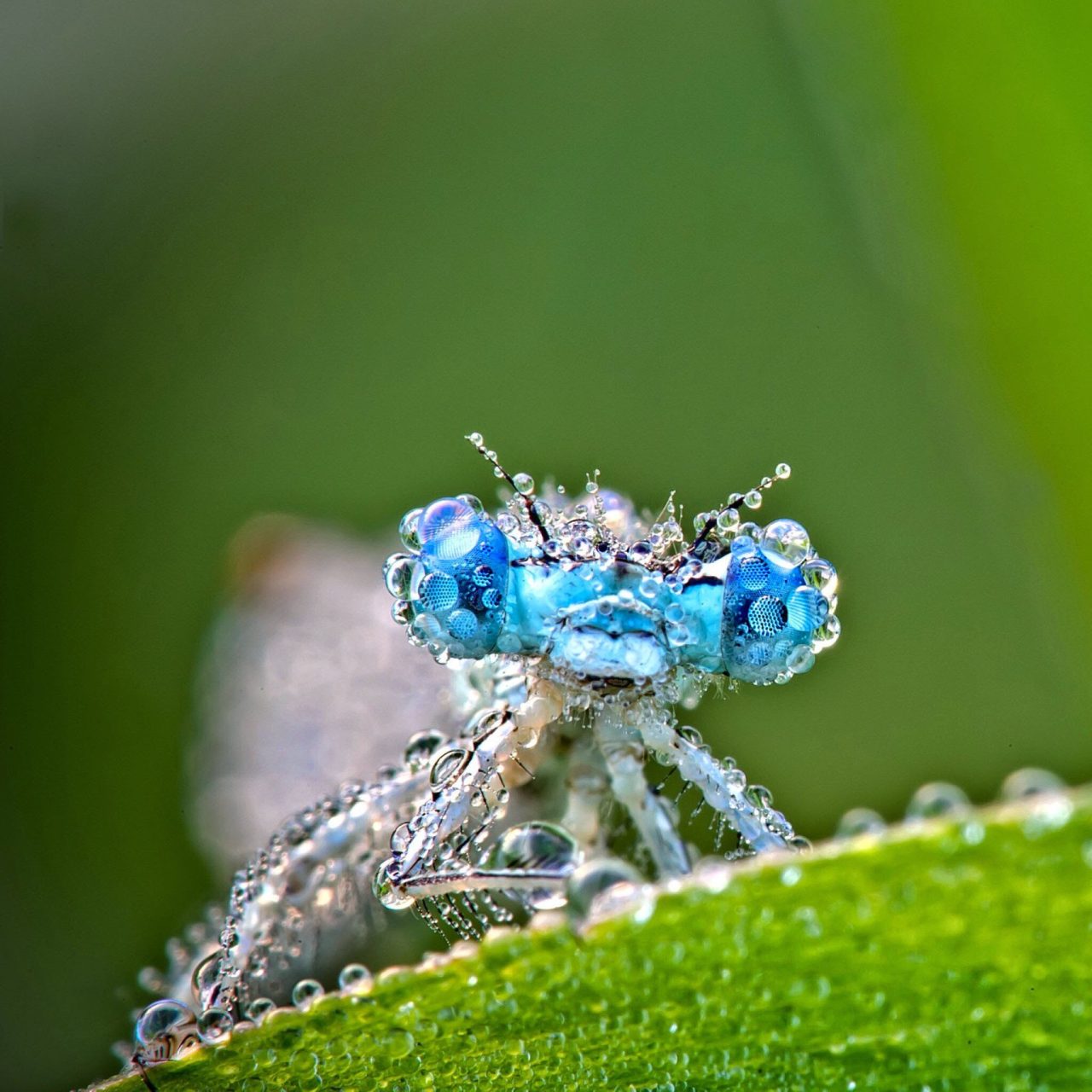
The shimmering appearance of sparkling insects is caused by the reflection and refraction of light on their bodies. The wings and bodies of these insects are covered in tiny scales or hairs that reflect and refract light, creating a dazzling display of colors.
When these insects are covered in dew, their shimmering appearance is even more pronounced. The water droplets on their bodies act as tiny prisms, refracting the light and creating a rainbow of colors.
The Role of Sparkling Insects in the Ecosystem
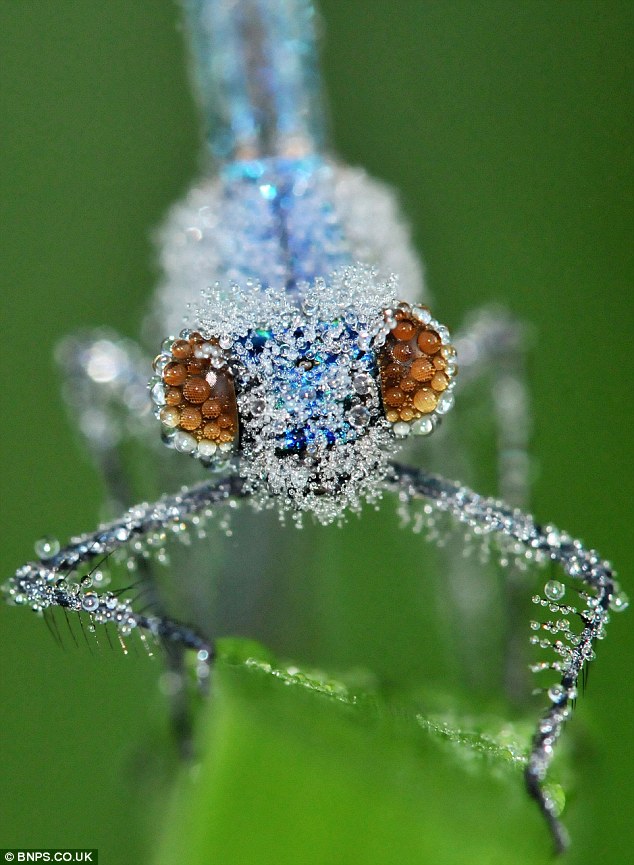
Sparkling insects play an important role in our ecosystem. They are pollinators, predators, and prey, and they help to maintain the balance of nature. Pollinating insects, such as bees and butterflies, are essential for the reproduction of plants. Without these insects, many of the fruits and vegetables we eat would not exist.
Predatory insects, such as dragonflies and praying mantises, help to control the population of other insects. They are natural pest controllers, and they help to keep our gardens and crops healthy.
Finally, sparkling insects are an important source of food for other animals. Birds, bats, and other insect-eating animals rely on these insects for their survival.
Conclusion
Sparkling insects covered in dew are a beautiful and fascinating part of our natural world. Their shimmering appearance is a testament to the beauty and wonder of nature, and their role in our ecosystem is essential. By appreciating and protecting these tiny creatures, we can help to ensure a healthy and vibrant ecosystem for generations to come.
Dragonflies are some of the most fascinating creatures in the animal kingdom. With their iridescent wings and shimmering bodies, they are a testament to the beauty and wonder of nature. These tiny creatures are found all over the world, and they play an important role in the ecosystem. In this article, we will explore the world of dragonflies and learn more about these amazing insects.
Dragonflies belong to the order Odonata, which also includes damselflies. There are over 5,000 species of dragonflies, and they are found on every continent except Antarctica. They are most commonly found near bodies of water, such as ponds, lakes, and rivers. Dragonflies are predators, and they feed on other insects, such as mosquitoes, flies, and butterflies.
One of the most striking features of dragonflies is their wings. Dragonfly wings are made up of two pairs of wings that are transparent and have a delicate network of veins. The wings are also covered in tiny scales that reflect light, giving them their iridescent appearance. Dragonflies are also known for their ability to fly at incredible speeds. Some species can fly at speeds of up to 60 miles per hour, making them one of the fastest insects in the world.
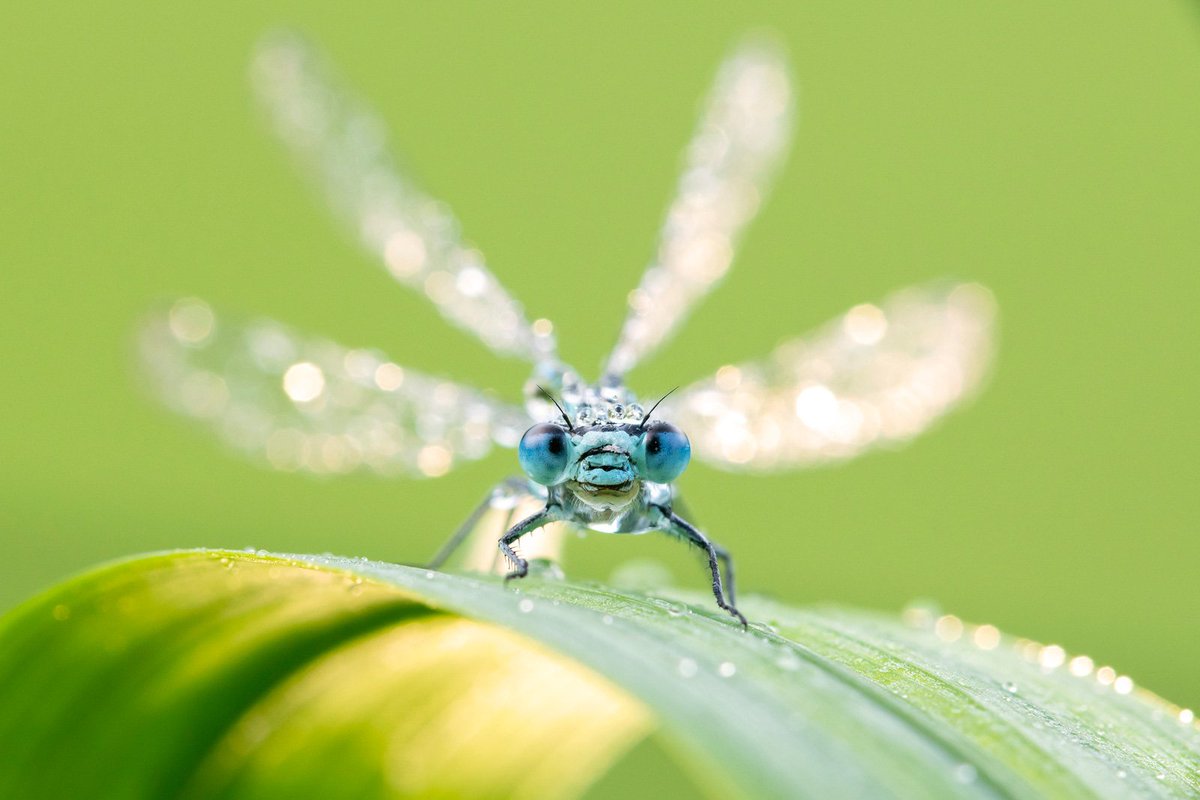
Dragonflies have a unique life cycle that consists of three stages: egg, nymph, and adult. Female dragonflies lay their eggs in or near bodies of water. When the eggs hatch, they become nymphs, which live in the water and feed on other aquatic insects. Nymphs can live in the water for several years before they emerge as adults. When the nymph is ready to become an adult, it crawls out of the water and sheds its skin. The adult dragonfly then emerges with its wings and body fully formed.
Dragonflies are important indicators of the health of aquatic ecosystems. They are sensitive to changes in water quality and habitat, and their presence or absence can indicate the health of a body of water. Dragonflies are also important predators of other insects, and they help to control populations of mosquitoes and other pests.
In addition to their ecological importance, dragonflies have also played a role in human culture for thousands of years. In some cultures, dragonflies are seen as symbols of courage, strength, and happiness. They have also been used in traditional medicine to treat a variety of ailments.
In conclusion, dragonflies are some of the most fascinating creatures in the animal kingdom. Their iridescent wings and shimmering bodies are a testament to the beauty and wonder of nature. These tiny creatures play an important role in the ecosystem, and they are important indicators of the health of aquatic ecosystems. Whether you are a nature lover or just appreciate the beauty of these amazing insects, dragonflies are truly a wonder to behold.




